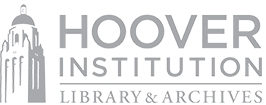Civil Discourse
The Women's Movement on
Firing Line
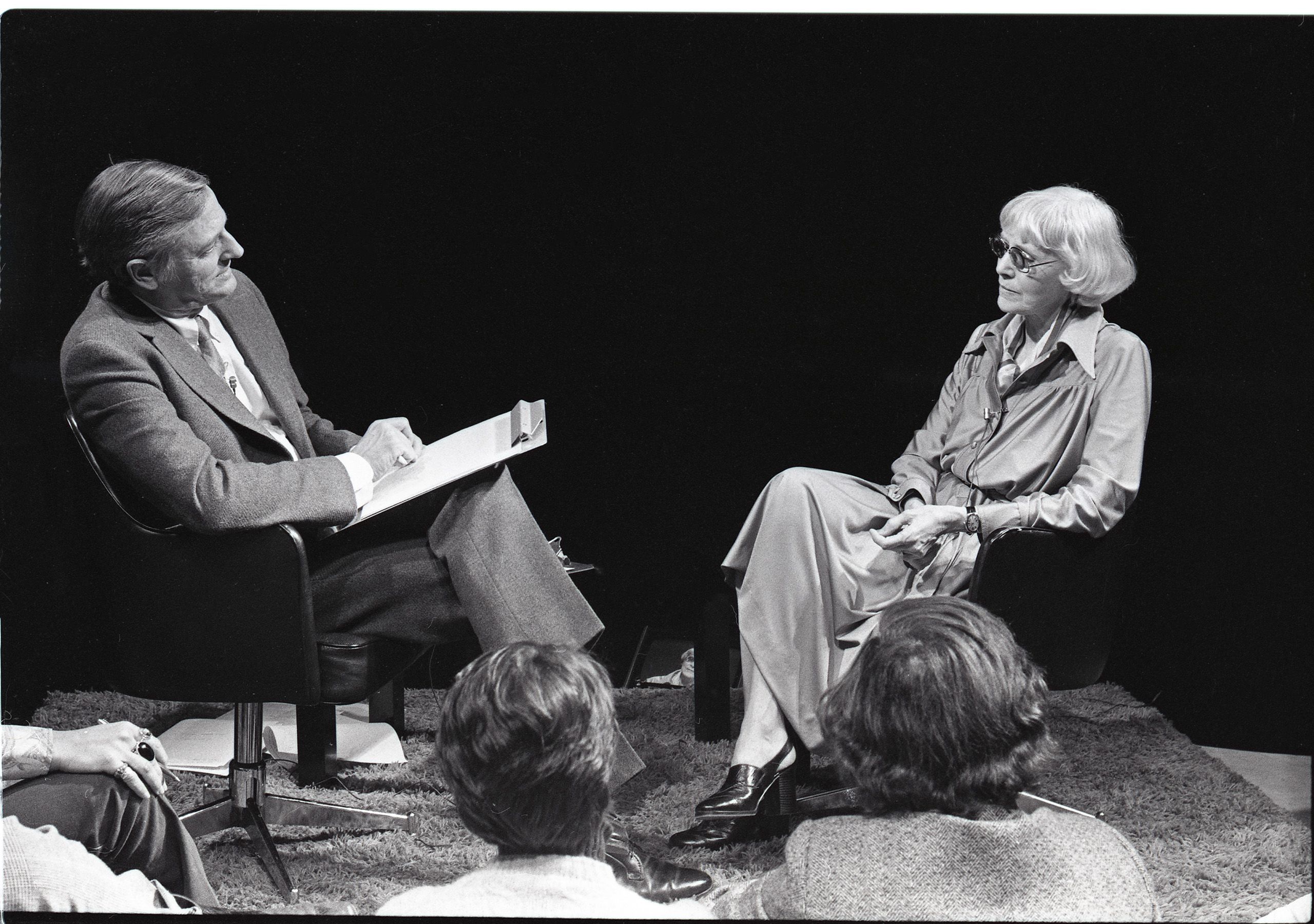
"And for me, the whole of the women's movement is what counts and what is open to my daughter and will be open to my granddaughter if we are not pushed back, and what all these women are doing, what you are doing."
Betty Friedan on Firing Line, December 4, 1994
Firing Line was a television program hosted by William F. Buckley Jr. that featured discussions on political, social, and economic issues and aired from 1966–1999. The American women's movement—whose supporters advocated for the equality of the sexes—was a regular topic of the program. The episodes document the movement's development, evolution, and leadership, as well as the political debates it inspired, which continue to this day. Invited guests grappled with ideas such as reproductive health care, economic opportunities for women, and women's role in the American military. One topic that is revisited several times throughout the series is the Equal Rights Amendment (ERA), a proposed constitutional amendment that would have ensured equal rights regardless of sex. Buckley was eager to hear arguments for and against the Equal Rights Amendment and the women's movement more broadly, an impulse which is most acutely seen during special debate episodes of Firing Line hosted in the 1990s.
Women's Lib
Betty Friedan
January 11, 1971
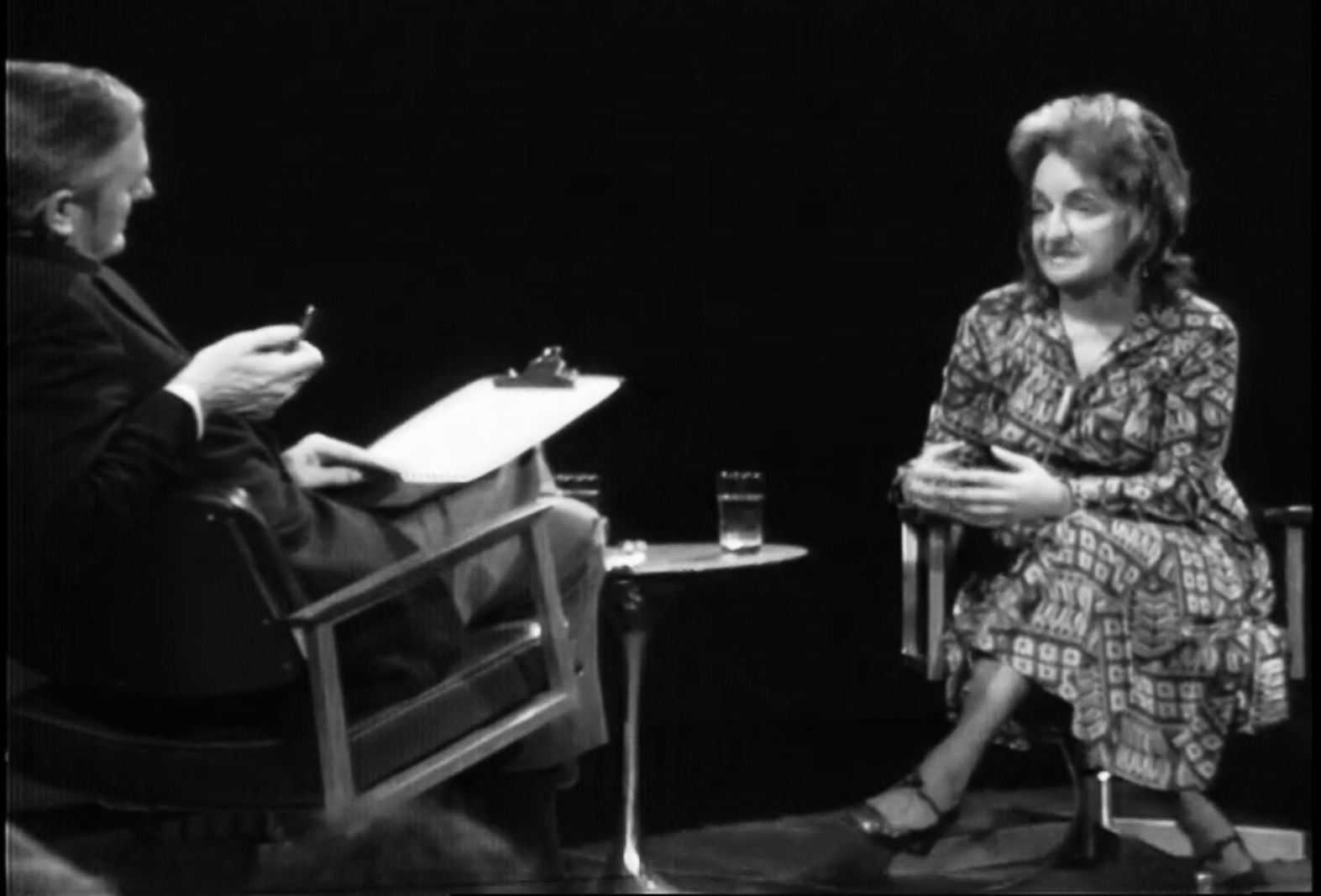
Betty Friedan (1921–2006) was a major thought leader in the American women's movement and the author of The Feminine Mystique (1963), a book that examined women's dissatisfaction with their limited role in society and is often credited as ushering in second-wave feminism in the United States. During her appearance on Firing Line, Friedan joins Buckley in a focused conversation about women's liberation, sometimes simply referred to as "women's lib." Friedan discusses the economics of housekeeping, the liberation of men from the "masculine mystique"—the expectation that men display traditional masculine behavior—and the "right of every woman to control her own body." Friedan also emphasized the importance of passing the Equal Rights Amendment and women's ability to participate in "adult life." Friedan continued to be a major leader of the women's movement and even returned to Firing Line in 1994 to argue its importance.
"...This is indeed a very germane issue to the burgeoning women's movement which does say, 'Yes, we are people. Women are people and we are subservient to no one in our definition of ourselves as people.'"
— Betty Friedan
"Women's Lib" with Betty Friedan, taped on January 11, 1971, Program 235
The Equal Rights Amendment
Phyllis Schlafly and Ann Scott
March 30, 1973
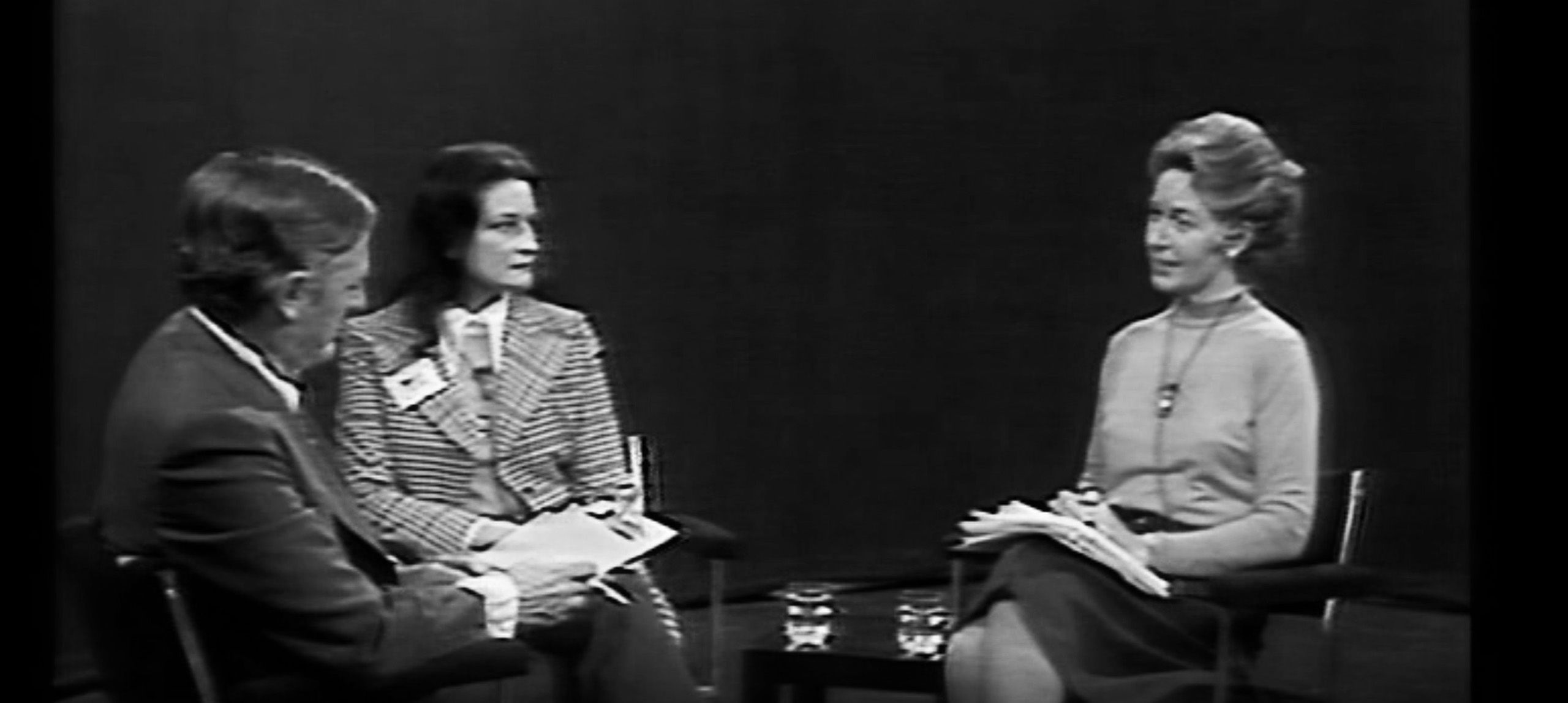
"Yes, I am absolutely in favor of women having not only the equal responsibilities—the equal rights of citizenship but also the equal responsibilities. For us not to be part of the responsibilities and difficulties that citizenship entails in this country is to lower our status as human beings."
— Ann Scott
In this episode, conservative activist and attorney Phyllis Schlafly (1924–2016) and feminist activist and professor Ann Scott (1929–1975) go head-to-head as they discuss the Equal Rights Amendment (ERA), a constitutional amendment that would have guaranteed equal rights regardless of sex. The amendment was first proposed in 1923, although support ebbed and flowed throughout the 20th century. At the time of this episode in 1973, it was unclear whether or not the ERA would be ratified. Schlafly and Scott discuss what they believe would be the consequences of the amendment if it were ratified, touching on topics such as a military draft for women, divorce and family dynamics, and economic ramifications. Schlafly campaigned vigorously against the ERA, arguing that the amendment would eliminate privileges enjoyed by women in a society that upholds traditional gender roles. Scott, meanwhile, ardently maintained that the ERA would benefit both men and women by mandating equal treatment under the law. The ERA ultimately was not ratified, and the debate continues today.
"The Equal Rights Amendment" with Phyllis Schlafly and Ann Scott, taped on March 30, 1973, Program S0089
Feminism
Clare Boothe Luce
March 31, 1975
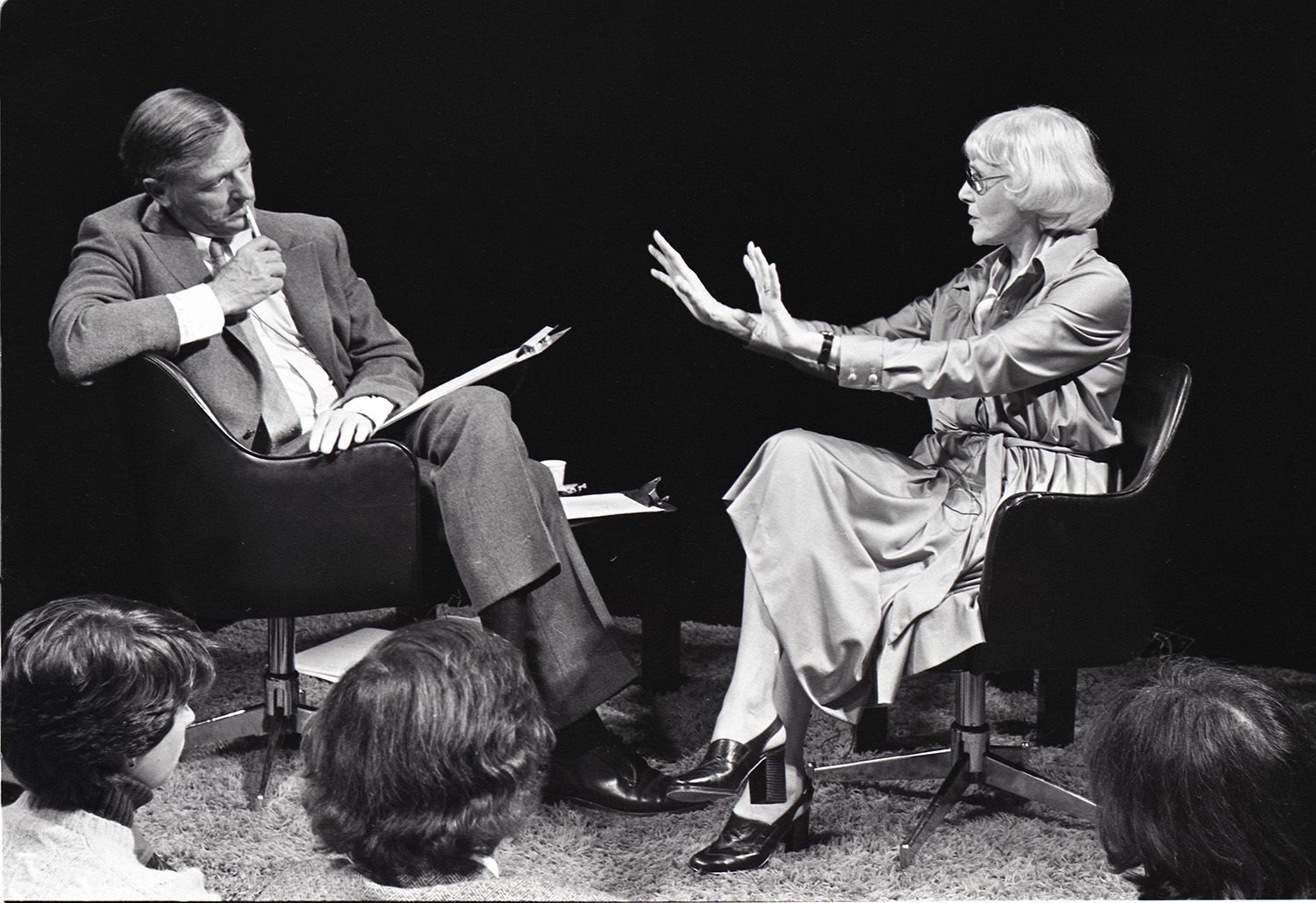
Clare Boothe Luce (1903–1987)—writer, politician, ambassador, and public figure—was a guest on Firing Line several times. At the time of this episode, the future of the Equal Rights Amendment was unclear, and William F. Buckley Jr. was especially eager to hear Luce's thoughts on the issue. Luce begins the conversation with her thoughts on microaggressions against women before moving onto an extensive discussion of Christianity and feminism, where Luce states, "Jesus Christ was the first feminist." Near the end of the episode, the conversation turns toward the ERA, with related tangents on economic opportunities for women, childcare and the different roles of women and men, and Luce's beliefs about how men came to socially dominate women thousands of years ago through brute strength. Throughout the episode, Luce demonstrates her awareness of the way men and women communicate with each other, occasionally using the conversation flowing between her and Buckley to illustrate her points.
"Oh, I was going to define feminism. I simply use the definition—there's one in the dictionary, which is equal rights and opportunities for women in the legislative and social fields. And that's a good enough definition for me, albeit I think you may find in the dictionary the advancement of women's rights." — Clare Boothe Luce
"Feminism," with Clare Boothe Luce, taped on March 31, 1975, Program S0179
Special Debates
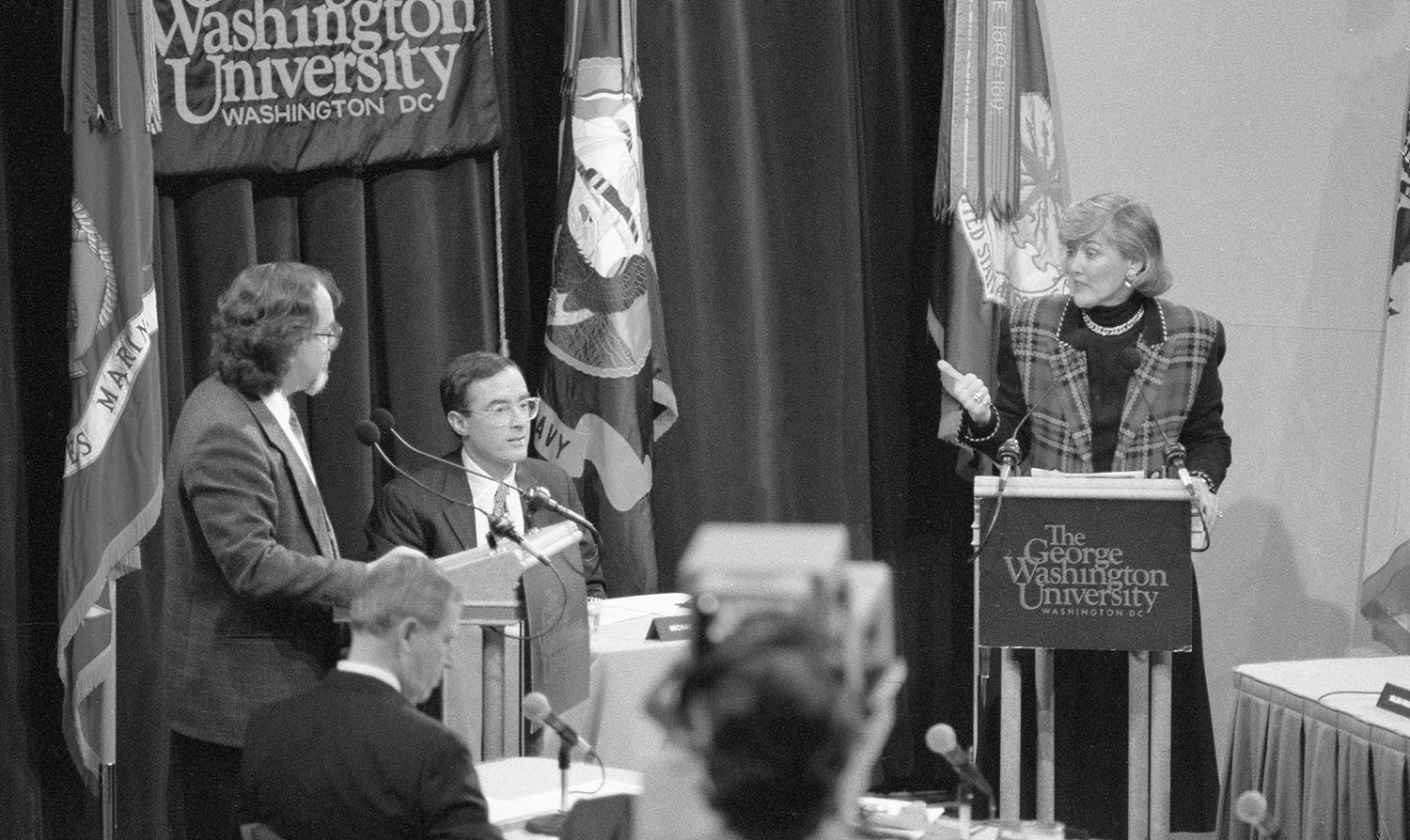
Although most episodes of Firing Line present an intimate conversation between William F. Buckley Jr. and his guests, starting in 1978, Firing Line began hosting special debates on topics selected by Buckley. Two notable debates related to the topic of women and the women's movement were held in 1993 and 1994. These lively debates, moderated by journalist Michael Kinsley and hosted at George Washington University in Washington, DC, include, respectively, an examination of the contemporary topic of women in the military and a historical look back on the women's movement over the 20th century. During both episodes, participants on both sides of the debate argue their points energetically.
"A Firing Line Debate: Resolved: That Women in the Military Should Be Excluded from Combat" with John Ripley, Elaine Donnelly, David Horowitz, Pat Schroeder, Wilma Vaught, Heather A. Wilson, and Ira Glasser, taped March 8, 1993, Program FLS115
"A Firing Line Debate: Resolved: That the Women's Movement Has Been Disastrous" with Elizabeth Fox-Genovese, Arianna Stassinopoulos Huntington, Helen Alvare, Betty Friedan, Karen S. Burstein, Camille Paglia, and Kathryn Kolbert, taped December 7, 1994, Program FLS121

Unless otherwise noted, all collection material shared in this presentation is part of the Firing Line broadcast records housed at the Hoover Institution Library & Archives, Stanford University.
The Hoover Institution Library & Archives has placed copies of these works online for educational and research purposes. If you would like to use any of these works, you are responsible for making your own legal assessment and securing any necessary permission. If you have questions about this resource or have concerns about the inclusion of an item, please contact the Hoover exhibits team:
Contact Us
For more information about rights and permissions please visit, https://www.hoover.org/library-archives/collections/get-help/rights-and-permissions.
© 2022 by the Board of Trustees of Leland Stanford Junior University.
